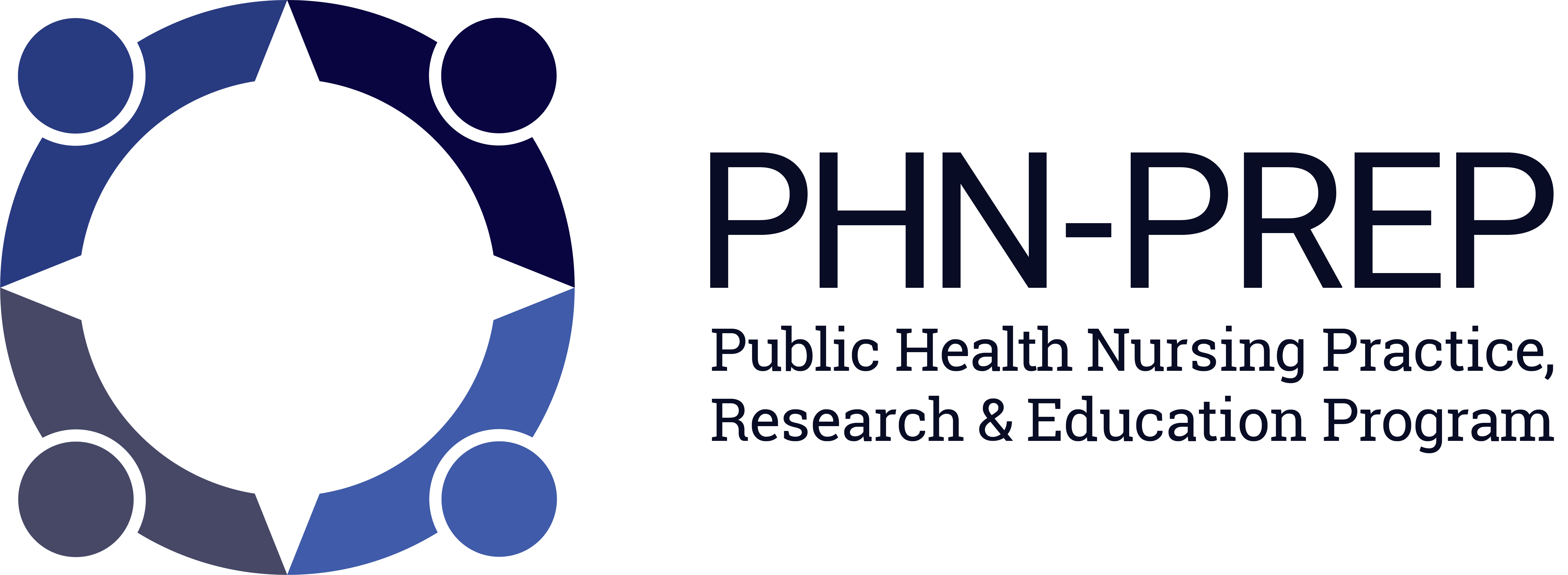Designing an eHealth Resource for Breastfeeding: Introducing ‘About Breastfeeding’
Many families are not able to meet their infant feeding goals and have negative experiences with breastfeeding difficulties. Breastfeeding health literacy is achieved through a partnership between parents and health care providers that ensures parents have access to credible information that enables them to understand lactation, assess their situation, access support, and meet their goals with knowledge, skill and confidence. To address this, Dr. Jennifer Abbass-Dick and the partnering organizations have been working to provide evidence-informed eHealth resources to families for the past 10 years. Revisions were recently made to the website based on feedback received from health care providers and families. This included rebranding, reorganization of the website, and the creation of supplemental material, handouts and posters with QR codes to link to the website. The resources are designed for parents to access in the prenatal period to learn about breastfeeding and continue to use throughout their parenting journey, from hospital to home.
By the end of this event, participants will be equipped to:
- Summarize the evidence informing the redesign of the website.
- Identify and locate the new resources that aims to support breastfeeding health literacy.
- Explain how these resources can be used in practice by public health nurses (PHNs) to increase breastfeeding health literacy.
- Describe the value of eHealth resources for breastfeeding health literacy and support.
About the Presenter(s)

Dr. Jennifer Abbass-Dick has worked with perinatal families as both a Registered Nurse and lactation consultant in the hospital and community throughout her career. She is dedicated to assisting and empowering parents to have a positive and healthy transition to parenthood. She is currently an Associate Professor at Ontario Tech University. Her research focuses on creating resources in partnership with parent groups and health care providers to standardize breastfeeding education. This work is designed to assist families in increasing their health literacy and meeting their infant feeding goals.

